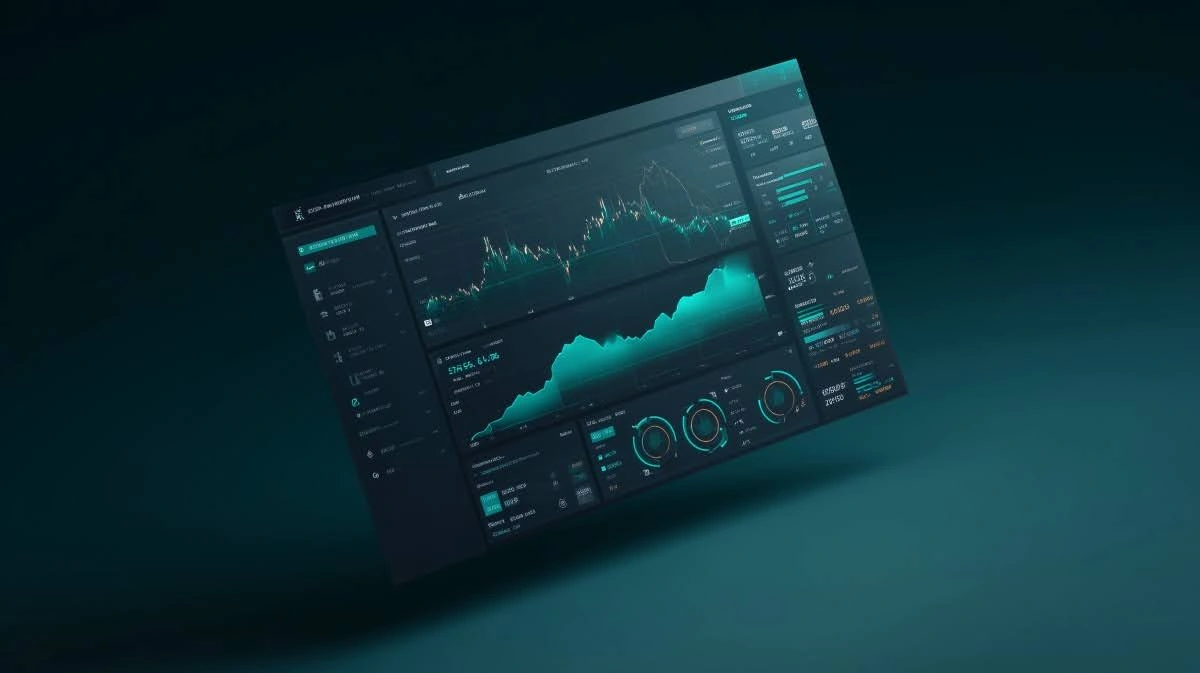
Disclaimer: The information provided in this blog post is for general informational purposes only and should not be construed as tax, accounting, or financial advice.
You know those little charges that crypto exchanges love to tack onto your transactions? Buying some Bitcoin? Fee. Selling some Ethereum? Fee.
These fees, while often small, can add up over time. Now, wouldn't it be nice if you could deduct those fees from your taxes?
Since the IRS treats cryptocurrency as property for tax purposes, crypto fees are tax deductible. Any time you buy, sell, trade, or mine crypto and incur transaction fees, these fees could be added to the cost basis of the crypto, effectively reducing the amount of taxable gain (or increasing the taxable loss) when the crypto is sold.
Don’t worry; we’ll break it all down for you in a way that's as painless as possible.
First, which crypto fees exactly are tax deductible?
Here are some types of fees that you may have encountered. All of these are tax deductible if the fee is incurred as part of a transaction:
- Transaction Fees
- Exchange Fees
- Network Fees (also known as gas fees)
- Wallet Fees
- Conversion Fees
- Listing Fees
- Staking Fees
- DeFi Platform Fees
- NFT Marketplace Fees
Remember, the exact fees and their names can vary depending on the specific network, exchange, wallet, or platform you're using. Just remember: if the fee can be considered as part of the cost of a transaction, then it may be deductible.
How to deduct crypto fees on your taxes
Here’s a step-by-step guide:
- Understand Your Fees: Based on the list above, check if you’ve been charged any of those fees.
- Calculate Your Fees: Next, you'll need to calculate the total amount of fees you've paid for each transaction you’ve made. Some exchanges and wallets provide reports that can help with this, but keeping your own records is a good idea.
- Record Your Fees: Keep detailed records of all your transactions and the associated fees. This should include the date of the transaction, the amount of crypto bought or sold, the price in US Dollars at the time of the transaction, and the fee amount.
- Report Your Fees on Tax Forms: You'll generally report your crypto transactions on Form 8949 and Schedule D. The fees associated with these transactions can be included in the cost basis or subtracted from the proceeds, depending on whether you're buying or selling.
If you can deduct transaction fees, what else can you deduct?
Your computer, your home office, and research services are among other things you can deduct, but only if you meet the IRS’ criteria for a trader.
You see, most people who buy and sell crypto are classified as investors. Investors buy assets intending to hold them for a period to profit from price appreciation, dividends, or interest. Traders, meanwhile, trade frequently and seek to profit from daily market movements.
If you qualify as a trader, you can deduct business expenses related to your trading activity on Schedule C. Investors, however, are limited to deducting only transaction fees and other costs directly related to the buying and selling of crypto.
The IRS has strict criteria for who can be classified as a trader. See the IRS’ web page on Topic No. 429, Traders in Securities for more details if you think you may qualify as a trader. It's not enough to simply buy and sell assets frequently. For most people, you’re most likely an investor and can only deduct transaction fees.
When can’t you deduct transaction fees?
Fees incurred in conjunction with the acquisition or disposition (fancy words for “buying and selling”) of a crypto asset can generally be deducted. However, fees incurred to transfer assets between your accounts or wallets typically can’t be deducted.
For example, if you have ETH sitting on an exchange and transfer it to a non-custodial wallet to hold in cold storage, you shouldn’t deduct the gas fees you incur. The IRS generally views fees associated with these types of transfers as non-deductible personal expenditures – similar to expenses you incur to move your personal property.
Track your crypto transaction fees with Bitwave
Bitwave is the first enterprise digital asset finance platform designed specifically for businesses to manage cryptocurrency tax, accounting, and compliance.
It can help you keep track of your transactions, all associated fees, and much, much more.
Whether you're trading, staking, yield-farming, or mining, take the first step towards simplifying your crypto taxes by requesting a demo today.
Header photo by Shubham Dhage on Unsplash


Disclaimer: The information provided in this blog post is for general informational purposes only and should not be construed as tax, accounting, or financial advice. The content is not intended to address the specific needs of any individual or organization, and readers are encouraged to consult with a qualified tax, accounting, or financial professional before making any decisions based on the information provided. The author and the publisher of this blog post disclaim any liability, loss, or risk incurred as a consequence, directly or indirectly, of the use or application of any of the contents herein.



.png)



